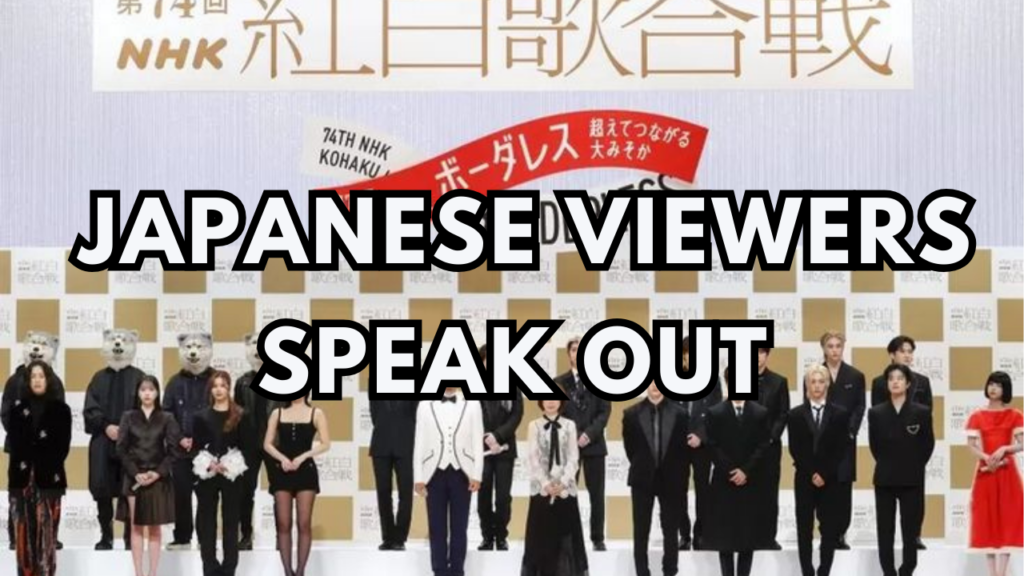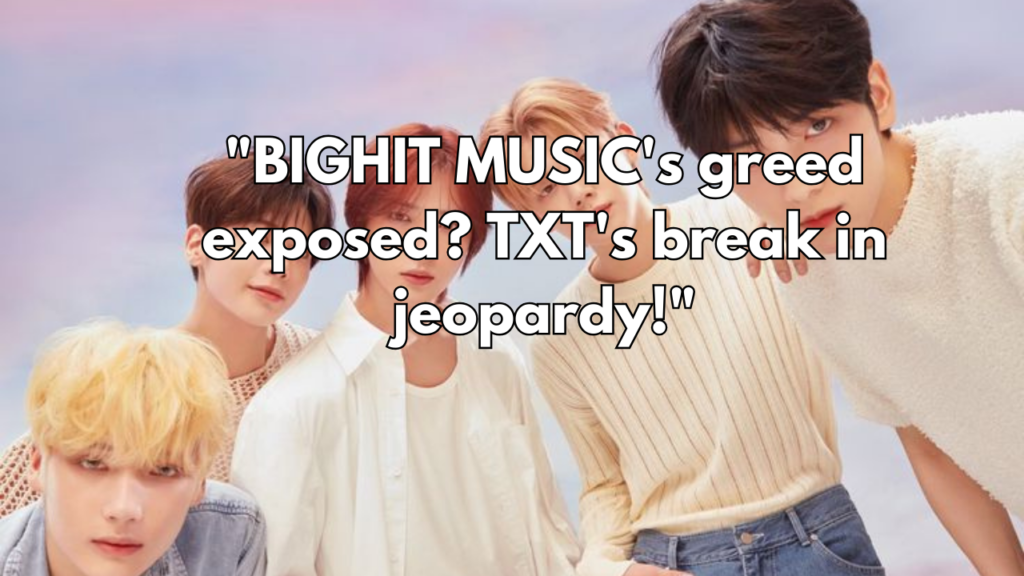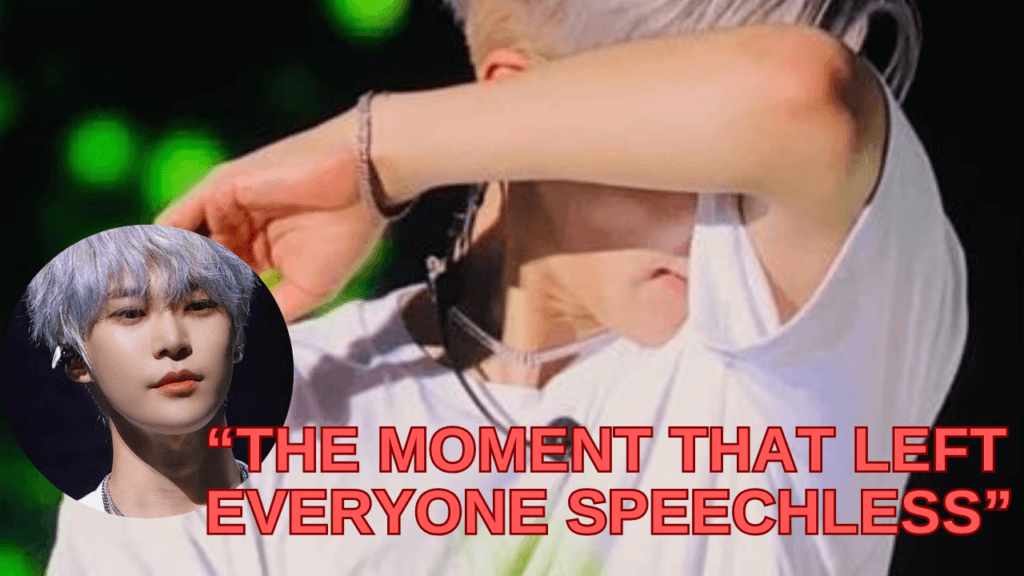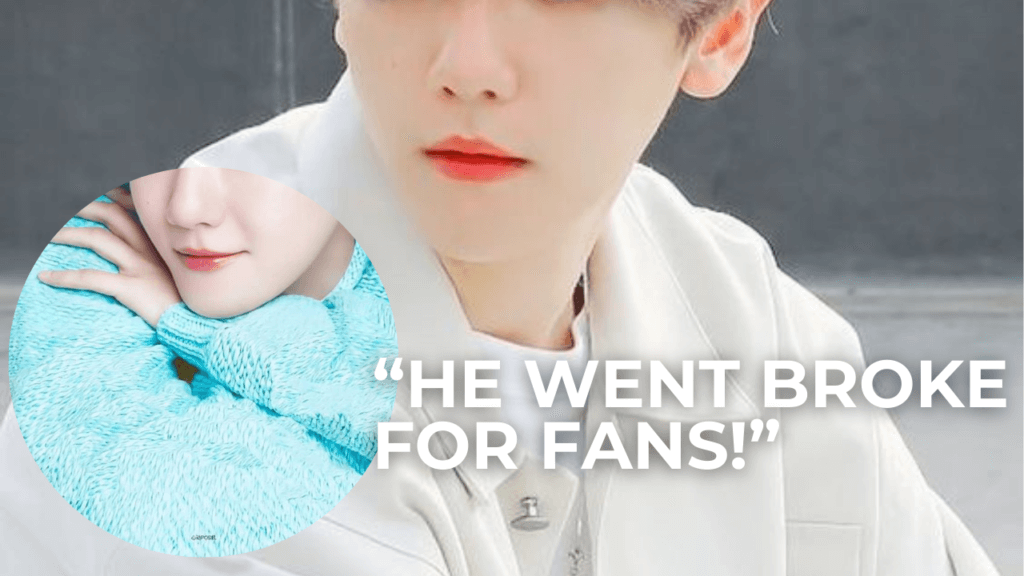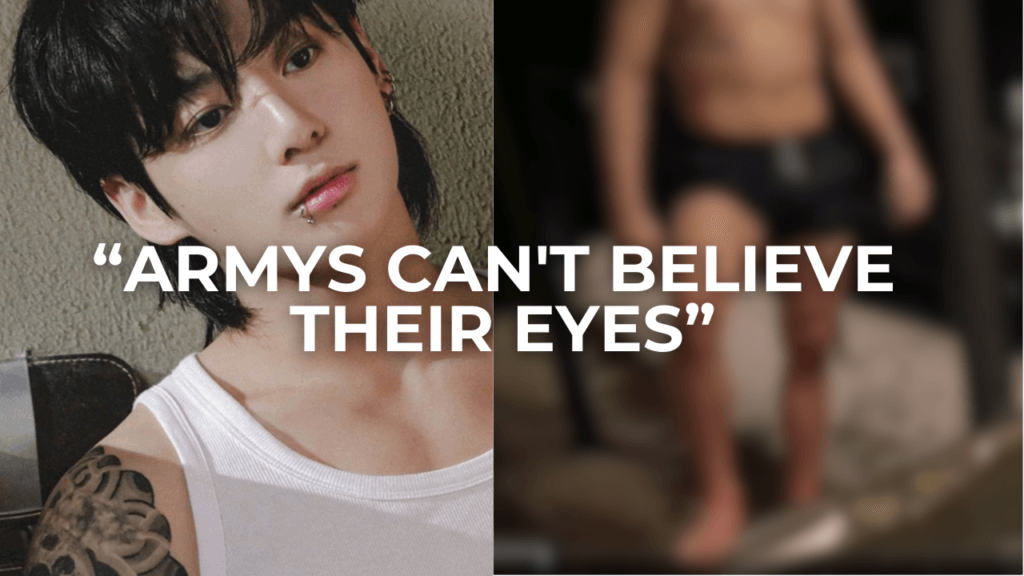Japanese Viewers Voice Concerns Over K-pop Acts
Japanese viewers have expressed strong opinions about K-pop acts appearing on the prestigious NHK Kōhaku Uta Gassen show.
A recent magazine poll revealed significant pushback against certain K-pop performers, sparking intense debate within the Japanese entertainment community. The results highlight an ongoing discussion about the role of international artists on this traditional Japanese program, which has been a cultural cornerstone for decades.
Growing Tensions Over K-pop Presence
The 2023 show featured an impressive lineup of prominent K-pop groups, including SEVENTEEN, Stray Kids, and NewJeans, alongside Japanese artists.
However, some Japanese viewers have questioned the increasing inclusion of these international acts on the program. The show’s historical significance in Japanese culture has become a focal point of heated discussion, with many viewers expressing concerns about preserving its traditional essence.
The program’s evolution to include more K-pop acts reflects the growing global influence of Korean entertainment. However, this change has created a complex dynamic between maintaining cultural traditions and embracing international entertainment trends. Some viewers worry that the show’s original purpose of celebrating Japanese music might be overshadowed.
NiziU and Stray Kids Face Criticism
NiziU, despite their connection to the Japanese market, ranked fourth on the red team in viewer disapproval ratings. Their situation is particularly noteworthy because, despite four appearances on the show, viewers cited declining interest and questioned their authenticity as a Japanese act due to their Korean management. This criticism highlights the complex nature of cultural identity in modern entertainment.
Stray Kids faced similar challenges on the white team, with their debut appearance generating mixed reactions. Some viewers expressed confusion about their inclusion, noting unfamiliarity with their music and questioning the necessity of featuring newer K-pop groups on a traditionally Japanese platform. Their experience underscores the challenges international acts face when entering established cultural spaces.
Viewer Comments and Cultural Perspectives
Japanese audience members have shared various concerns about K-pop acts on the show. Many emphasized the program’s deep cultural importance to Japan, viewing it as more than just an entertainment show but as a cultural institution. Others pointed to the language barrier and cultural differences as potential issues affecting viewer engagement.
Some comments reflected a desire to maintain the show’s traditional format, suggesting that international acts might be better suited for different platforms. However, others acknowledged the changing nature of global entertainment and the potential benefits of cultural exchange through music.
Final Thoughts: The Future of K-pop on NHK
The debate over K-pop acts on NHK Kōhaku Uta Gassen continues to evolve as the entertainment industry becomes increasingly globalized. As the 75th show approaches, questions remain about which international artists will receive invitations and how the program will balance tradition with modern entertainment trends.
The situation raises important questions about cultural preservation in an interconnected world. How can traditional shows adapt to changing times while maintaining their cultural identity? What role should international artists play in national cultural events? What are your thoughts on international artists performing on traditional national shows?

